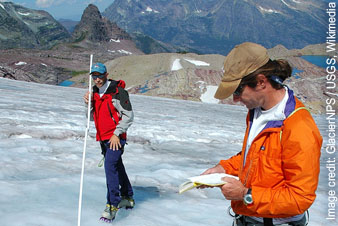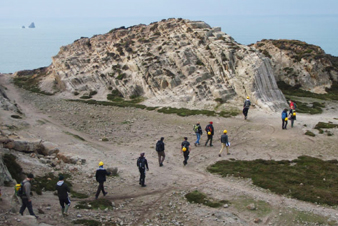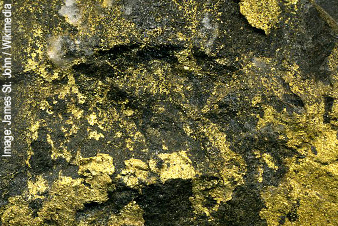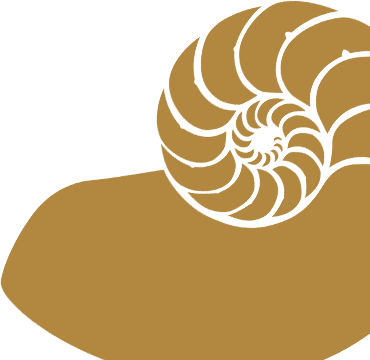Choosing Your Degree
A ‘first’ or ‘undergraduate’ degree is needed to become a professional geologist, and is offered by university departments of geology, geoscience or Earth science.
Many employers now ask for a postgraduate qualification such as an MSc or PhD as well. However, there is a job market for those who do not have a degree – see Options for non-graduates.
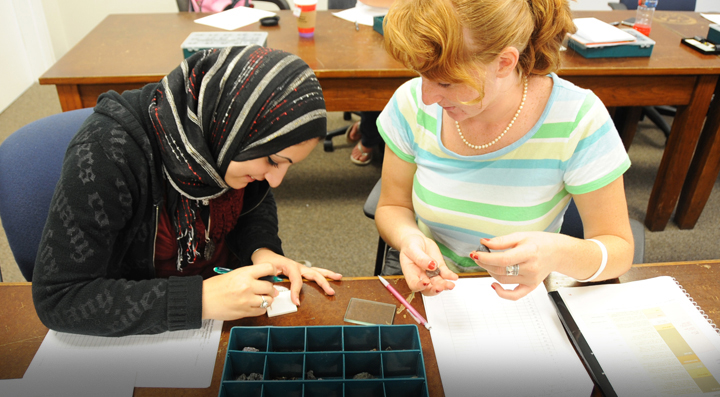
 Undergraduate Degree Types
Undergraduate Degree Types
About 40 UK universities offer degrees in geology, geoscience or Earth science. An undergraduate degree takes 4 years in Scotland, and 3-4 years elsewhere in the UK. The majority of students enrolling for a first degree are school leavers aged 18–19, but departments welcome applications from mature students and those seeking a change of career. There are a number of qualifications to choose from.
 BSc
BSc
An undergraduate Bachelor of Science degree. This is usually written as ‘BSc (Hons)’ which means with ‘Honours’. Students follow a course of lectures and practical sessions (microscope work, mapping techniques etc) and usually undertake an independent research or mapping project at the end of the second year. A few universities award an equivalent Bachelor of Arts (BA) degree instead of a BSc.
Years in Industry
Some BSc degrees offer a year in industry (often paid) in place of the third year – students then return to their ‘home’ university to complete their final year of study. Together with shorter placements in the summer holidays, this can be an extremely useful way to gain work experience before graduating.
 MGeol / MSci / MEarth Sci
MGeol / MSci / MEarth Sci
These are 4 year undergraduate or integrated masters degrees. The first two years are likely to be the same as for a BSc at the same university, but with a wider range of taught units and a longer research element.
Due to the focus on research, these courses are good preparation if you anticipate continuing your education with a PhD/DPhil, but should not be confused with a taught applied postgraduate Masters (MSc) which is often required if you plan to work in a geological industry.
Years abroad
Some MGeol / MSci / MEarth Sci degree courses offer a year abroad. This can be as part of the European ERASMUS scheme where students will spend a year at a university in Europe. Some countries in Europe (such as the Netherlands) run many of their university courses in English so knowing a foreign language isn't always required. Alternatively, the year abroad is offered at universities further afield, often in North America or Australia and New Zealand.
Students must normally maintain a 2:1 or 1st grade average during their studies to qualify for a year abroad and to progress to the fourth year of the MGeol / MSci / MEarth Sci degree. These courses are usually very popular as the additional year is hugely beneficial to students.
The E.U. Referendum and Brexit: Update for Students
Following the June 2016 referendum vote to leave the E.U., the UK Government stated that there would be no immediate changes to the Erasmus scheme. Read the latest updates on our E.U. referendum resources page.
 Subject Choices
Subject Choices
Geology, geoscience or Earth science?
The vast majority of people interested in a geological career will study a general ‘Single Honours’ degree (i.e. one main subject) in geology, geoscience or Earth science. The ‘classic’ undergraduate geology degree is listed as F600 in the UCAS directory, and is usually a very balanced programme, giving you exposure to the full range of geoscience topics. Degrees in geoscience or Earth Science are an equally good route into the profession; these are often broader in scope and may include other subjects linked to the Earth, alongside those focused on the rocks.The curriculum offered by different universities varies, with some focused on applied (industry-linked) geology, whereas others offer a more ‘classic’ programme based on geological theory and research. Different universities tend to have strengths in different subjects depending on the specialisms of the teaching staff, who may be based in the Earth Sciences Department or linked to Environmental Science, Geography or Engineering. You should research carefully which course is best suited for you. The range of degrees offered can be bewildering.
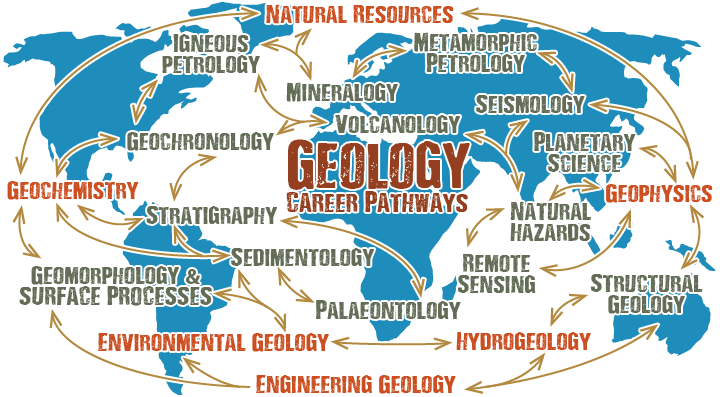
 Sub-disciplines and joint honours
Sub-disciplines and joint honours
Some universities provide undergraduate degree courses in specific sub-disciplines such as Engineering Geology or Geophysics. For those who know at an early stage that they definitely want to work in Engineering Geology or within industry, selecting a more specialised undergraduate degree may be appropriate. In most cases you can become more specialised during your first degree by your choice of option modules or projects.
Some students choose Joint Honours or modular degree programmes, combining geology with another subject - either a complementary science, or something completely different. However if you plan to pursue a geological career but are undecided about the specialty, you are advised to study a single subject or restrict a joint degree to other related sciences. This will make it easier to progress to a further degree (MSc, PhD) later if you wish.


